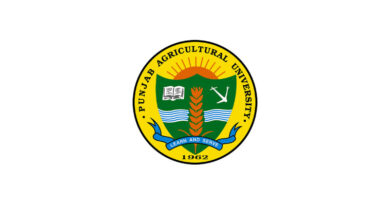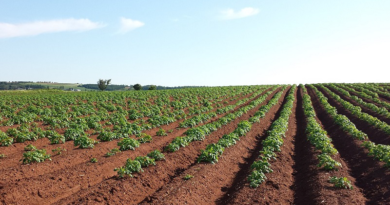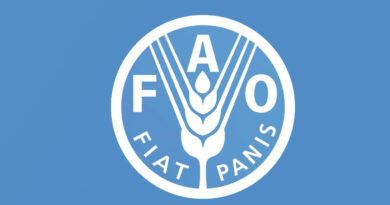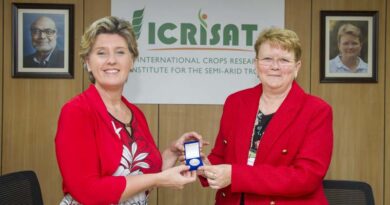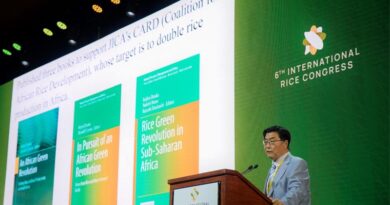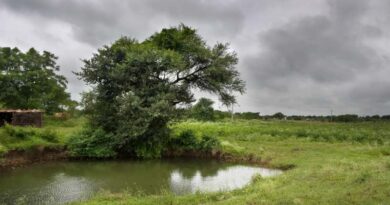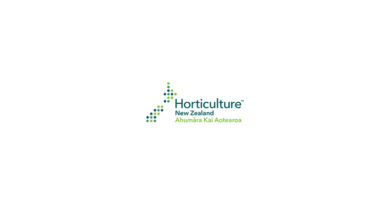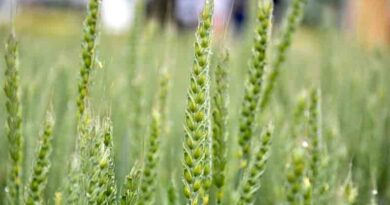New research illustrates impact of Covid-19 pandemic on women in agriculture
24 November 2021, UK: New research published today by the James Hutton Institute has found that the shift to virtual meetings and events due to the Covid-19 pandemic improved accessibility to knowledge exchange, networking, and organisations for women working on farms and in agricultural careers across Scotland. The virtual shift also saved time on travel and prevented childcare difficulties.
The research, which was undertaken through online focus groups of women and men during March 2021, found the pandemic also provided a ‘legitimising’ window of opportunity for greater female involvement in some farming and crofting activities. For example, in some cases women family members replaced staff who were prevented from travelling due to lockdowns.
However, female focus group participants explained that home-schooling children has impacted on their ability to do their jobs, maintain productivity and that it kept them from participating in some on-farm activities. Women also reported safety issues related to caring for children while completing farm tasks, and the impact of the pandemic on children and young people was a concern.
Dr Lee-Ann Sutherland, a research leader in the James Hutton Institute’s Social, Economic and Geographical Sciences group, and co-author of the report said: “The experience of Covid-19 movement restrictions has shown that there are quite achievable ways to ensure that women can participate in more agricultural industry activities. It’s important to the vitality of the agricultural sector that these lessons are taken forward into the future.”
The research also gathered views and experiences of gender equality and diversity more broadly in Scottish agriculture, building on baseline research undertaken by the University of Newcastle and the James Hutton Institute, commissioned by the Scottish Government, in 2016.
The aim of this latest project was to understand the impact of the recommendations of the Scottish Government’s Women in Agriculture Taskforce, and the influence of other initiatives that support ‘women in agriculture’, on women’s experiences working on farms and in the agricultural industry in Scotland. The project involved the individuals who participated in the 2016 study, including women and men farmers, crofters, and other representatives of the agricultural industry.
Dr Annie McKee, a social researcher in land management at the Hutton, and lead of the follow-up study, added: “The participants were positive about the recommendations of the Scottish Government’s Women in Agriculture Taskforce, noting that they had resulted in tangible outputs, including successful training programmes and support for women’s practical training in agriculture.
“However, barriers remain to the recruitment and participation of women to positions of leadership in Scottish agriculture. These barriers include cultural assumptions, attitudes, and arguably unconscious bias.”
Cabinet Secretary for Rural Affairs and Islands Mairi Gougeon said: “I’m delighted that the focus and investment that this government has provided for this key area of work appears to be reaping rewards. The research findings show that participants believe the Women in Agriculture Taskforce recommendations have resulted in women increasingly participating in agriculture. We want to ensure that women living or working in Scottish agriculture are empowered to develop their skills and access equal opportunities.
“Delivering equality of opportunity will make Scottish agriculture a more resilient and economically sustainable industry and this will help women realise their potential and support business innovation.”
Other topics discussed during the focus groups included the improved visibility of women in agriculture, the opportunities and challenges in accessing training, the provision of childcare in rural areas, mental health in agriculture, and the influence of generational change in driving greater gender equality.
The report highlights the ongoing importance of exploring opportunities to overcome barriers to gender equality and wider diversity in Scottish agriculture, and the value to the future of the industry, ensuring the participation of those from non-farming backgrounds, different ethnic and cultural backgrounds.
The full research report, ‘The Changing Role of Women in Farming, Crofting, and the Agricultural Industry: 2016-2021’, can be found at https://www.hutton.ac.uk/WIA2021study.
The research was funded by the Rural and Environment Science and Analytical Services Division of the Scottish Government as part of the Strategic Research Programme 2016-2021, within the work package: ‘How rural economies can adapt to key external drivers’.




